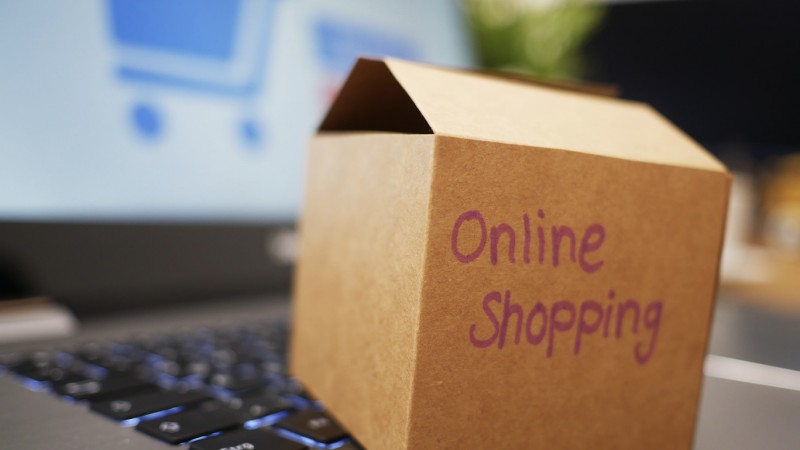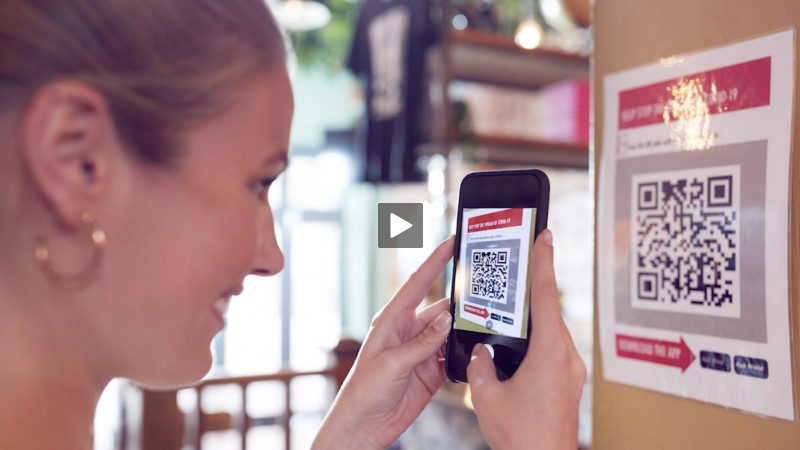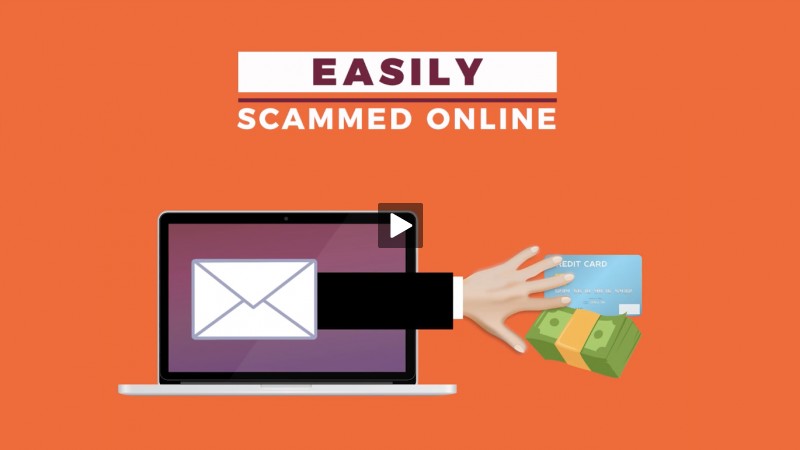Shopping Online More? Thieves Are Too!
- Detalles
- Escrito por Remar Sutton
- Categoría: Articles

As we spend more time at home and are shopping less in person, our online shopping has increased. We're shopping and ordering through websites and apps, some quickly built or modified to accept orders and payments. Well, cyber criminals are increasingly online too. They are using a variety of threats to steal credit card numbers, account information and other personal information.
Your online shopping can be quick, easy, and more secure when you take these precautions.
Some of these threats include:
Phishing emails that push fake products, cures, vaccines, and tests are after your personal and account information. That data allows a criminal to commit identity theft.
Formjacking which steals credit card details and other information from checkout pages on infected sites.
E-skimming, another method of stealing credit card and personal details from checkout page. They are also known as web skimming or Magecart attacks.
Protect Yourself with These Tips
Protect all of your devices. Install updates on all of your devices. Keep your security packages updated, too. All of your devices, including your mobile devices, need activated security packages whether they come with the device or you add it.
Use strong passwords. Always use a unique password and don't reuse them. Use these tips to create strong passwords. To help manage all of your passwords, you may want to consider using a password manager. It can create and store the passwords for you. Remember to do your research before selecting one.
Use two-factor authentication. Also know as multifactor authentication, it requires a second step, usually a multidigit code, to access your account. That code can be provided in multiple ways. You typically have to turn it on.
Use payment apps. With a payment app, your account information is protected since it is not shared with the retailer.
Use one credit card for online shopping. If you don't use this card for any other shopping, this will help you quickly spot any fraud.
Carefully choose security questions. Choose questions whose answers can't be guessed or found on the internet or found in social media profiles. You can always use an alternative answer that only you know.
Ignore the links in emails. Don't click on the links or open any attachments from people you don't know. If you follow a link, don't enter any login, account or personal information in the site. If you must access the site, use a link from a reliable source.
Use reputable websites. Since these sites typically have an established purchasing process they probably have adequate data security protections in place.
Supporting local businesses. If you want to support your local businesses, beware of providing payment information over the phone or through email. Instead of using a delivery app, considering ordering directly from the business and picking it up or using their delivery service. This way the business doesn't have to pay the delivery app fees which can be hefty.
Your online shopping can be quick, easy, and more secure when you take these precautions.


































